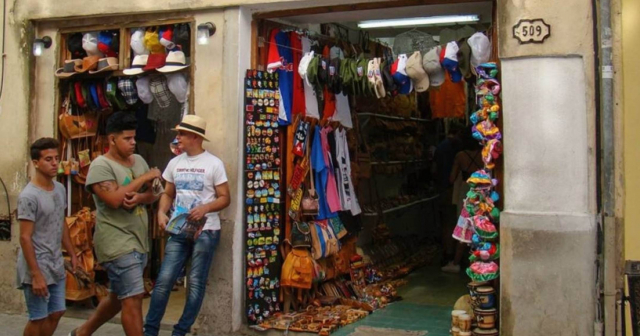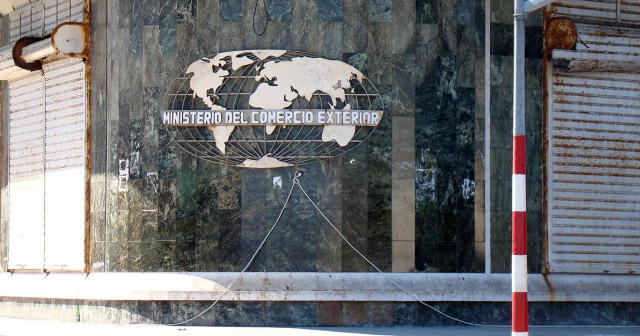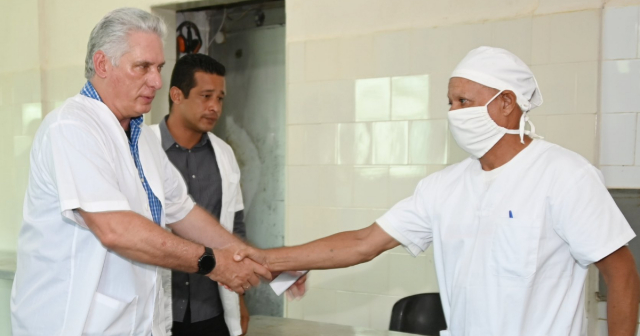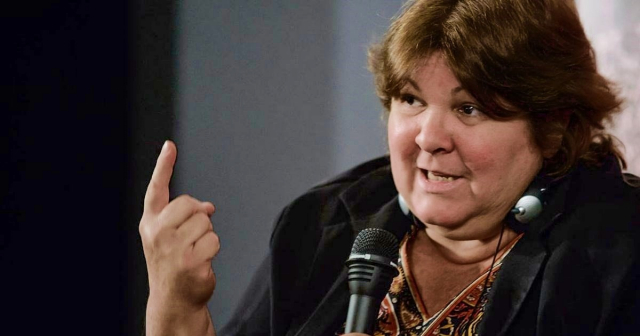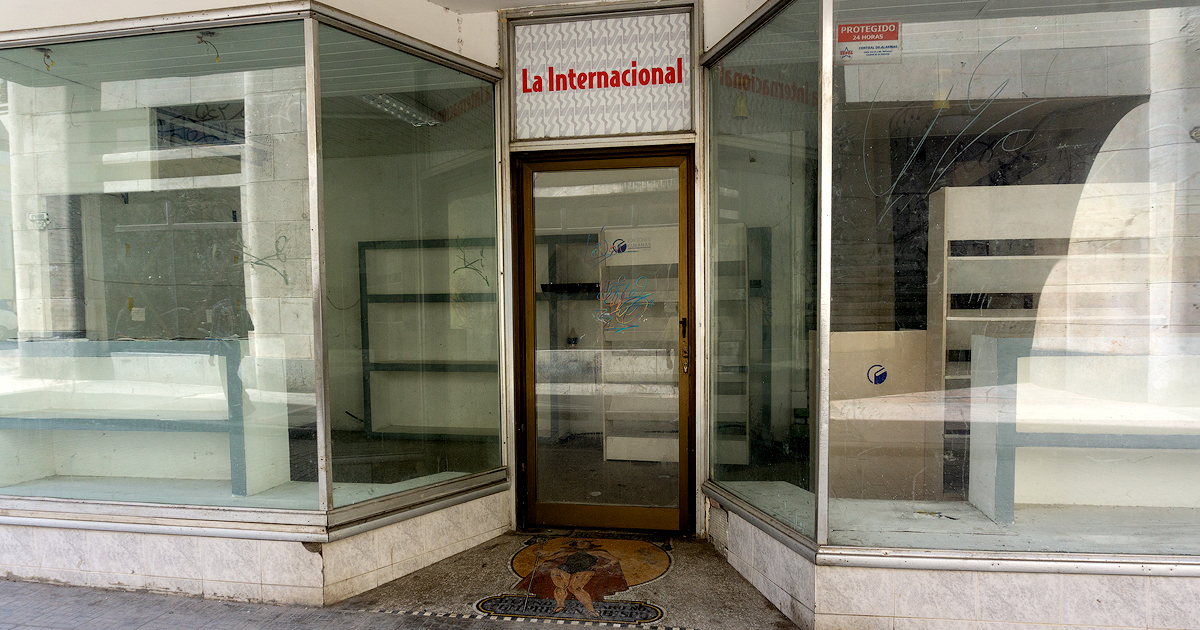
The set of measures aimed at relaxing the sanctions imposed on Cuba and benefiting entrepreneurs on the island, announced this Tuesday by the United States government, excludes a number of political actors and officials from the Cuban regime.
The Biden administration declared that the main objective of these actions is to "increase support for the Cuban people," "promote" Internet freedom in Cuba, and support independent private entrepreneurs, as well as expand access to certain financial services for Cubans.
Within the announcement of these new measures, the Office of Foreign Assets Control (OFAC), belonging to the United States Department of the Treasury, decided to exclude certain Cuban officials on the "blacklist" and members of the Communist Party of Cuba (PCC) from the benefits that these new regulations could provide.
This measure aims to ensure that these individuals do not benefit from U.S. actions intended to favor entrepreneurs in the independent private sector.
Definition of "Prohibidos"
The term "prohibited" used in US regulation does not encompass all individuals associated in any way with the Cuban Government, the PCC, or the organizations it controls.
Section 515.337 of the Cuban Assets Control Regulations, one of the groups of regulations that support U.S. sanctions, considers a fairly extensive but closed list of individuals as "prohibited officials of the Cuban Government." According to elTOQUE, this list includes:
- Ministers and deputy ministers.
- Members of the Council of State and the Council of Ministers.
- Members and employees of the National Assembly of People's Power.
- Members of any Provincial Assembly.
- Local CDR sector chiefs.
- General directors, deputy general directors, and senior officials of Cuban ministries and state agencies.
- Employees of the Ministry of the Interior (MININT).
- Employees of the Ministry of the Revolutionary Armed Forces (MINFAR).
- Secretaries and first secretaries of the CTC and its component unions.
- Chief editors, editors, and assistant editors of Cuban state organizations and media outlets.
- Members and employees of the People's Supreme Court.
As for the members of the Communist Party, the list is even more restricted. According to Section 515.338 of the Cuban Assets Control Regulations, only members of the Political Bureau of the Central Committee of the organization can be considered prohibited members of the PCC.
This list includes 14 people, among whom stand out figures such as the first secretary of the PCC, Miguel Díaz-Canel, Esteban Lazo Hernández, Roberto Morales Ojeda, Álvaro López Miera (Minister of the Revolutionary Armed Forces) and Lázaro Alberto Rodríguez Casas (Minister of the Interior).
Challenges in implementation.
The aspiration not to benefit Cuban government and Communist Party officials with the new measures of the Biden administration will be constrained not only by legal obstacles, but also by practical difficulties.
The main issue lies in the material impediments that many service providers will have in determining factually which "entrepreneurs" or beneficiaries (including MSMEs and cooperatives) are not part of the list of prohibited officials or represent their interests as "front men."
OFAC has understood this dynamic and has established that it expects U.S. service providers to reasonably rely on the information provided by their customers in the ordinary course of business.
This means that, unless they know or have reason to know that a transaction or person is unauthorized, providers will not be required to take specific actions to verify whether the beneficiary of their service is or is not a "prohibited official of the Cuban Government."
The responsibility therefore falls on the Cuban actors, who are obligated to declare that the proposed transaction is authorized according to the embargo regulations.
The Biden administration announced a set of measures aimed at supporting the Cuban people and private entrepreneurs. However, the firewalls to prevent the benefits from reaching high-ranking officials of the government and the Communist Party raise doubts among critics of a policy they consider misguided, one that will ultimately strengthen the totalitarian regime in power.
The implementation of these regulations will face significant challenges, both legal and practical, in the identification and effective exclusion of "prohibited" individuals. Trust in the good faith of the actors involved and possible reports from third parties will be key to the success of this policy.
What do you think?
COMMENTFiled under:


